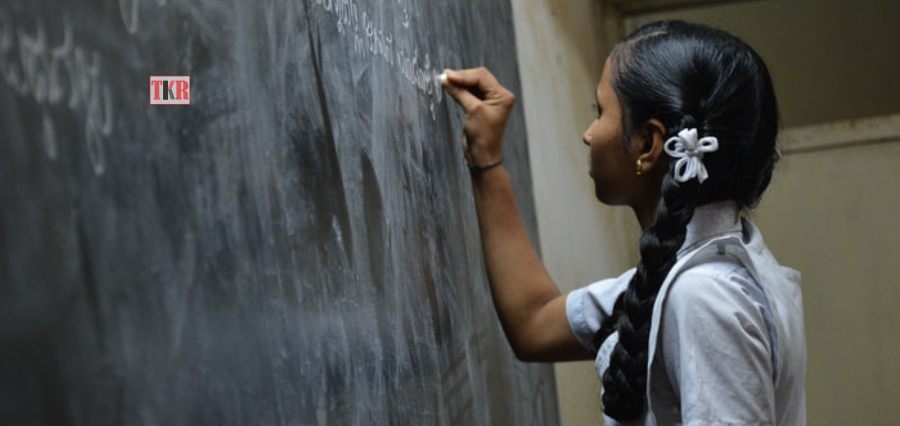As the world persists through the distortions of the covid-19 pandemic, the overseers of the education system in India are evaluating the way forward for the higher education sector.
While it is hard to predict which way, the tides will be turning, a new overall direction is emerging.
A paradigm shift has been brewing beneath the surface over the last decade in the Indian higher education system. From an isolated and specialized form of education, the country is steadily moving towards a multi-disciplinary form of education that allows a student to study diverse disciplines and understand how they intersect with each other. This structural change is set to be further accelerated over the coming decade with the launch of the national education policy (NEP) 2020 that aims to transform all higher education institutions (HEIs) to become multidisciplinary by 2040.
What makes liberal arts and sciences so relevant to the future is its emphasis on foundational learning across discipline and on ‘learning how to learn’. This inculcates the habit of intellectual curiosity, critical thinking, problem-solving, effective communication, collaboration, adaptability, and flexibility.
These skills are going to prove invaluable to recruiters in the post covid-19 world, as they face complex real-world challenges that require employees to be creative and out-of-the-box thinking.
With NEP also proposing to reduce the importance of board exams in India, we will also begin to see not just a holistic system of education but also the emergence of coherent college admissions process that will evaluate students much more than just their academic performance.
The archaic system of using high cut-offs to select students will soon become a thing of the past.









